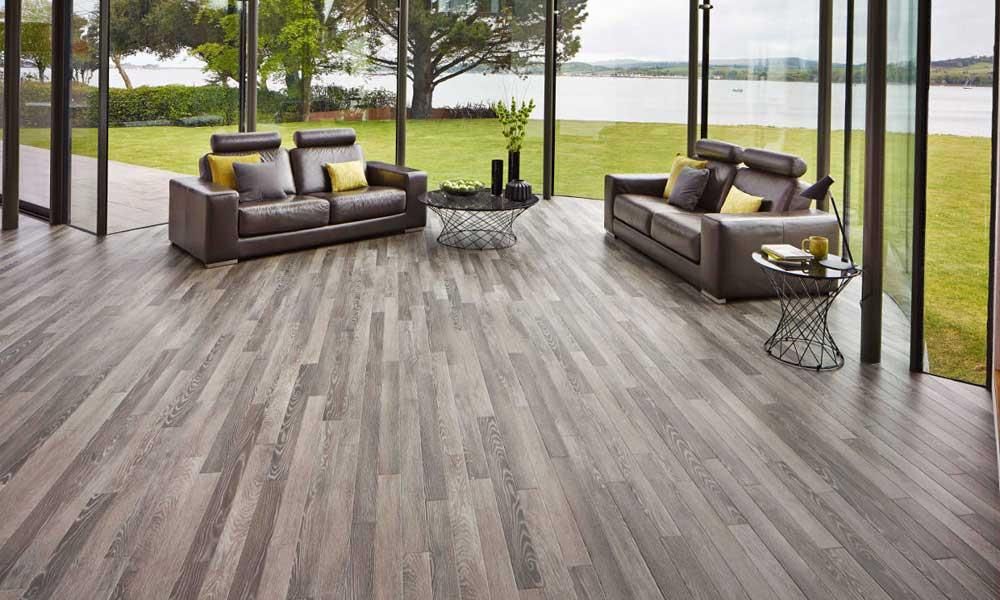The vinyl flooring comprises several materials sandwiched together to create a practical, durable, and affordable floor covering. The two most common types of vinyl flooring are vinyl roll and luxury vinyl tiles (LVT). Both these types are produced differently for different effects.
Would you like to know more about these types and their importance? Read on;
Types Of Vinyl Flooring
- Luxury Vinyl Tile (LVT)
LVT is the most common vinyl flooring type that is designed to imitate the authentic look of natural materials like ceramic tile or hardwood flooring. Thanks to enhanced design capability and technological advances, vinyl flooring can now look nearly the same as the materials they are mimicking. LVT floors are available in a wide range of trendy and timeless designs and patterns. Another factor that makes these floors a top choice is their ease of installation.
- Vinyl Roll
Fiberglass-cushion-backed vinyl flooring comes in continuous, large, and flexible sheets. From timeless and realistic to more playful designs, these floors come in almost endless possibilities of styles. Being100% phthalate-free, these floors have very low VOC emissions, making the environment clean and healthy.
Advantages of Vinyl Flooring
- An Incredible Durability Of Vinyl Flooring
Yes! The durability of vinyl flooring is exceptional. However, it depends on several factors, such as how the floor was manufactured, the quality of the material, and how well it was installed. All these factors can have a great impact on the lifespan and durability of vinyl floors.
Both vinyl roll and LVT floors are treated with a special PUR surface treatment, which makes these floors stain or scratch resistant and even more durable. The transparent wear layer of these floors also enhances their durability. Most LVT floors possess an enhanced rigid core construction that provides excellent dimensional stability and resistance. As a result, these floors won’t get swelled or rippled over time. Because of its superior durability, LVT vinyl flooring is ideal for high-traffic areas.
- Vinyl Flooring Is Completely Waterproof
Yes, you’ve read it right. All types of vinyl floors are waterproof because they consist primarily of PVC. However, one thing that affects their level of moisture resistance is the quality of installation. When installed incorrectly, moisture or water can seep through the seams. Both vinyl roll and LVT floors are ideal for moisture areas such as kitchens, bathrooms, basements, and laundry rooms.
- The Lifespan Of Vinyl Flooring
When installed and cared for properly, vinyl floors can last for more than 20 years. Their durability is one of the biggest reasons why many homeowners opt for these floors.
- Requires Minimal Cleaning And Maintenance
Vinyl flooring is not only trendy and easy to install, but it is also very easy to clean and maintain. There’s nothing to do except for regular mopping and sweeping. That’s it! Most of these floors are coated with special surface treatment, which makes them even more stain or scratch-resistant.
Thus, vinyl flooring is a good flooring solution for your home. However, it is very difficult to remove and repair once it gets dented, faded, or scratched. Therefore, this flooring is not recommended for a home with heavy furniture and sunlight.



